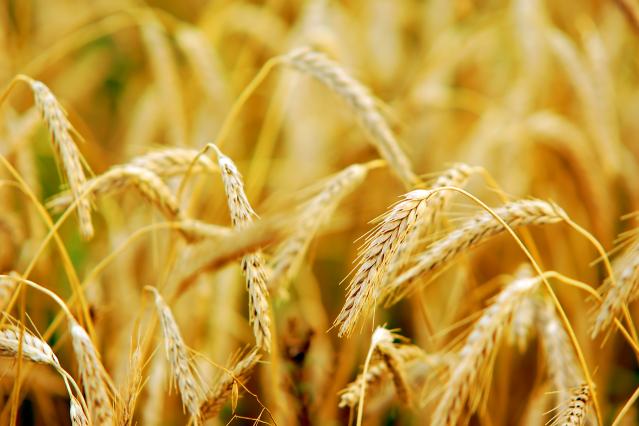
Do you have a question about this application? Ask our specialists
Contact us
Features & Benefits
Features
- Immediate action (in the first month after application).
- Easy and fast spreading, granular products (a width of 24-36 m with any model of rotary or screw spreader).
- Soil treatment products with the highest neutralization value (NV~ from 55 to 95 or in CaCO3 scale from 100-185).
- Easy to handle and work with different sizes and feature packages (bulk, big bags and small bags).
- A reduced dose/ha (professionally calculated).
- Increases the productivity of the soil on which it is used.
Benefits
- Feeds soil and plants with calcium.
- Contributes to the structure of the plant cell wall.
- Regulates plant cell membrane permeability.
- Influences the activity of many enzymes in plants.
- During the initial stages of crop growth, calcium is vital for root development and establishment.
- Prevents deficiencies during flowering and fruit-setting stages.
Dedicated solutions for your specific needs

All plants need calcium. Some need more and some need less. A lot of Ca2+ is missing in soils (especially acid soils, but also neutral and alkaline soils) and a significant amount is leached out, lost. Calcium plays a crucial role in crop production by influencing various physiological processes in plants. It is considered a secondary macronutrient because plants need it in relatively large quantities. The role of calcium in crop development is multifaceted, affecting cell structure, nutrient uptake, enzyme activity and overall plant health. In some cases, foliar treatments may be useful to prevent nutrient deficiencies, but calcium is most efficiently taken up by plants from the soil through the root system. In order to achieve the productivity that farmers want, and plants need, we created TerraCalco®.
The Role of Calcium:
Calcium is a macronutrient that is often overlooked but plays a key role in plant health. Just as humans need calcium for strong bones, plants require calcium for sturdy cell walls. Here we explain in more detail why calcium is essential:
- Cell wall structure: calcium strengthens cell walls, making them more rigid and resistant to pests, diseases, and physical damage. This structural support is vital for plant integrity.
- Nutrient uptake: adequate levels of calcium in the soil enhance the plant's ability to absorb other essential nutrients like potassium and magnesium.
- Disease resistance: calcium serves as a disease suppressor. It helps prevent various plant diseases, such as blossom end rot in tomatoes and tip burn in lettuce.
- Improved fruit quality: In fruit crops, calcium is crucial for preventing disorders and enhancing the texture, taste, and shelf life of fruits.
Common Signs of Calcium Deficiency:
Identifying calcium deficiency in plants is essential for addressing nutrient imbalances and preventing yield loss. Signs of calcium deficiency include:
- Blossom end rot in tomatoes and peppers.
- Tip burn in lettuce and cabbage.
- Reduced root growth and overall stunted plant development.
- Increased susceptibility to diseases and pests.











